The Origins of the Pigeon Blood Discus Strain
Pigeon Blood is a strain of Discus fish and does not apply to all Discus. In early 1991 Jack Wattley brought the first Pigeon Blood Discus fish into his hatchery. This was a new strain, which the world had not seen or heard of yet. They were sold to me from a not so well-known breeder at the time as Pigeon Blood Discus, I paid handsomely for them, about $100 a piece for 1-1/2 inch babies. When I bought them, they were described to me as a, “new vibrant reddish orange colored Discus fish with black freckles through the body like they had been sprayed with an airbrush”. After I got them I could see the description was right, I had never seen such a different looking Discus and I saw the vast possibilities in breeding them.
I immediately started to grow them as quickly as I could in order to condition them for breeding. They grew rapidly, more so than other strains of Discus fish. They are very hardy, disease resistant, and have voracious appetites. Before a year was up I had fertilized eggs and was able to sell my first Pigeon Blood Discus to customers by early 1992.
Why this name for a Discus fish? The story as it was told to me decades ago by this Thai breeder. The meaning, “Pigeon Blood” in old Asian slang means “Soy Sauce”, the freckles on these Discus fish looks like someone splattered Pigeon Blood on them; hence the name Pigeon Blood was coined for this new Discus, which stuck. One can always tell if a Discus is Pigeon Blood, when the fish shows black freckles anywhere on its body, they are of Pigeon Blood lineage.
Today Pigeon Blood Discus fish are plentiful worldwide, for sale in the wholesale, retail markets, and internet shops. Available in a variety of colors and different names. They have come a long way in the decades since they were introduced. They have been the building block in launching more new colors than any other Discus strain, at least what I have witnessed in my 40+ years keeping Discus.

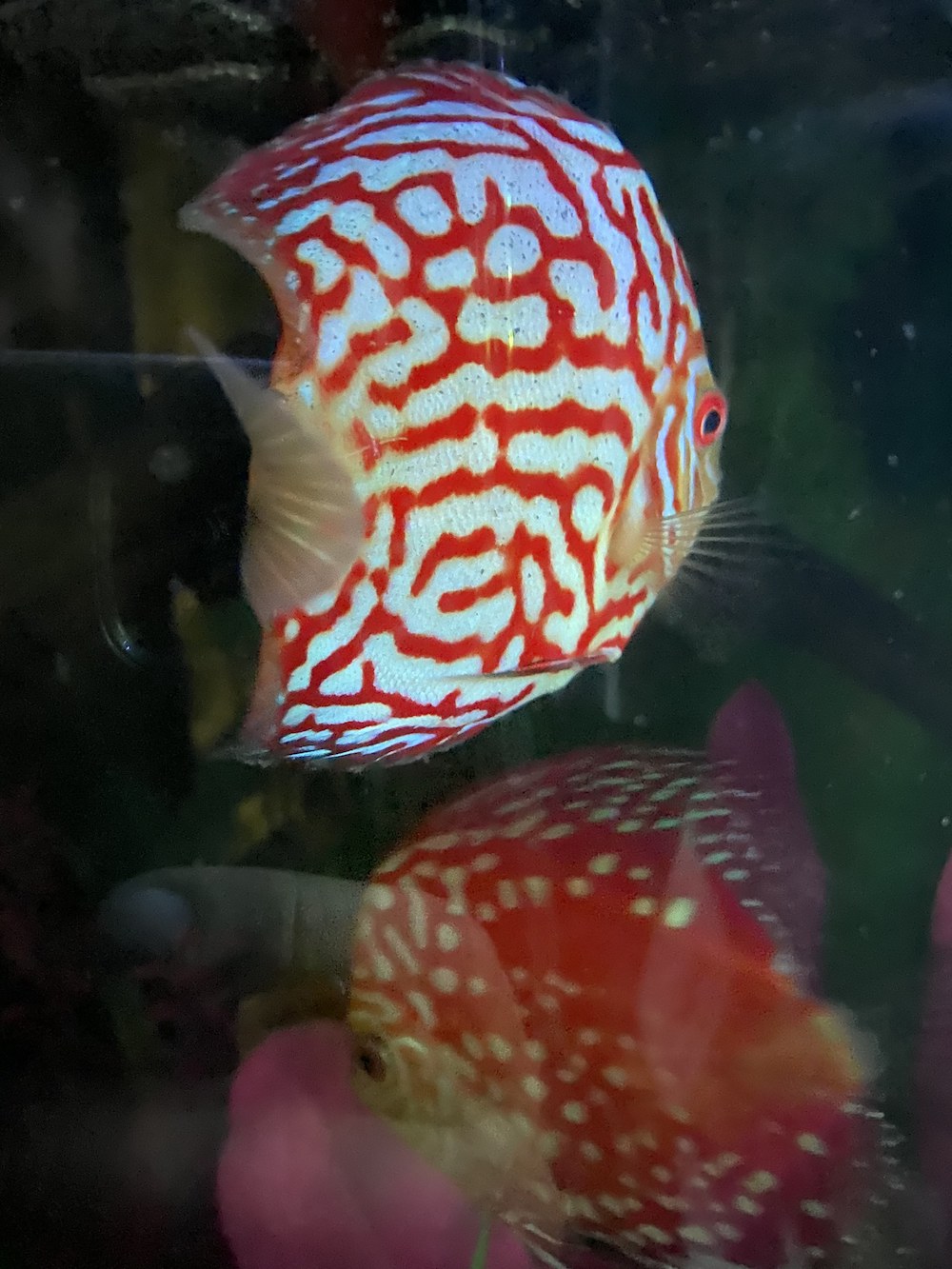
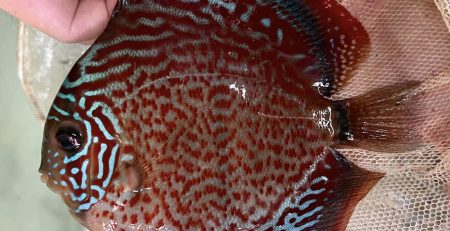
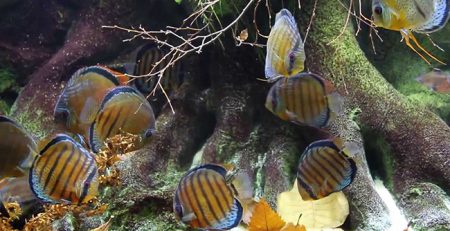

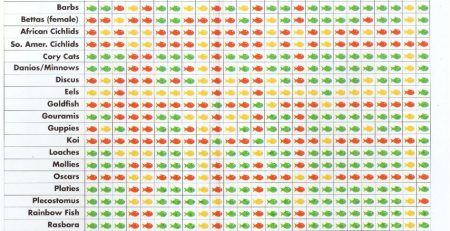

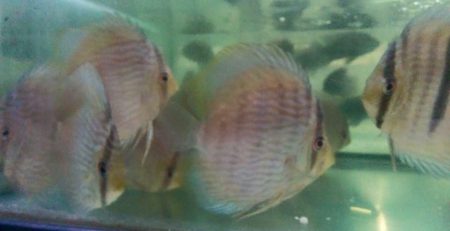
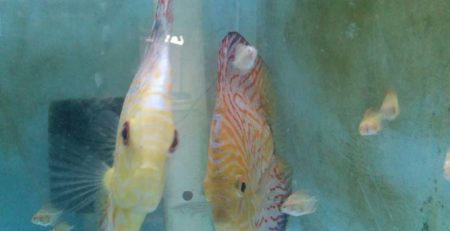
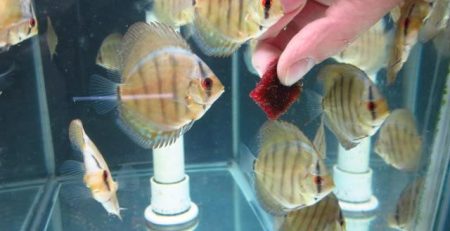


Leave a Reply
You must be logged in to post a comment.